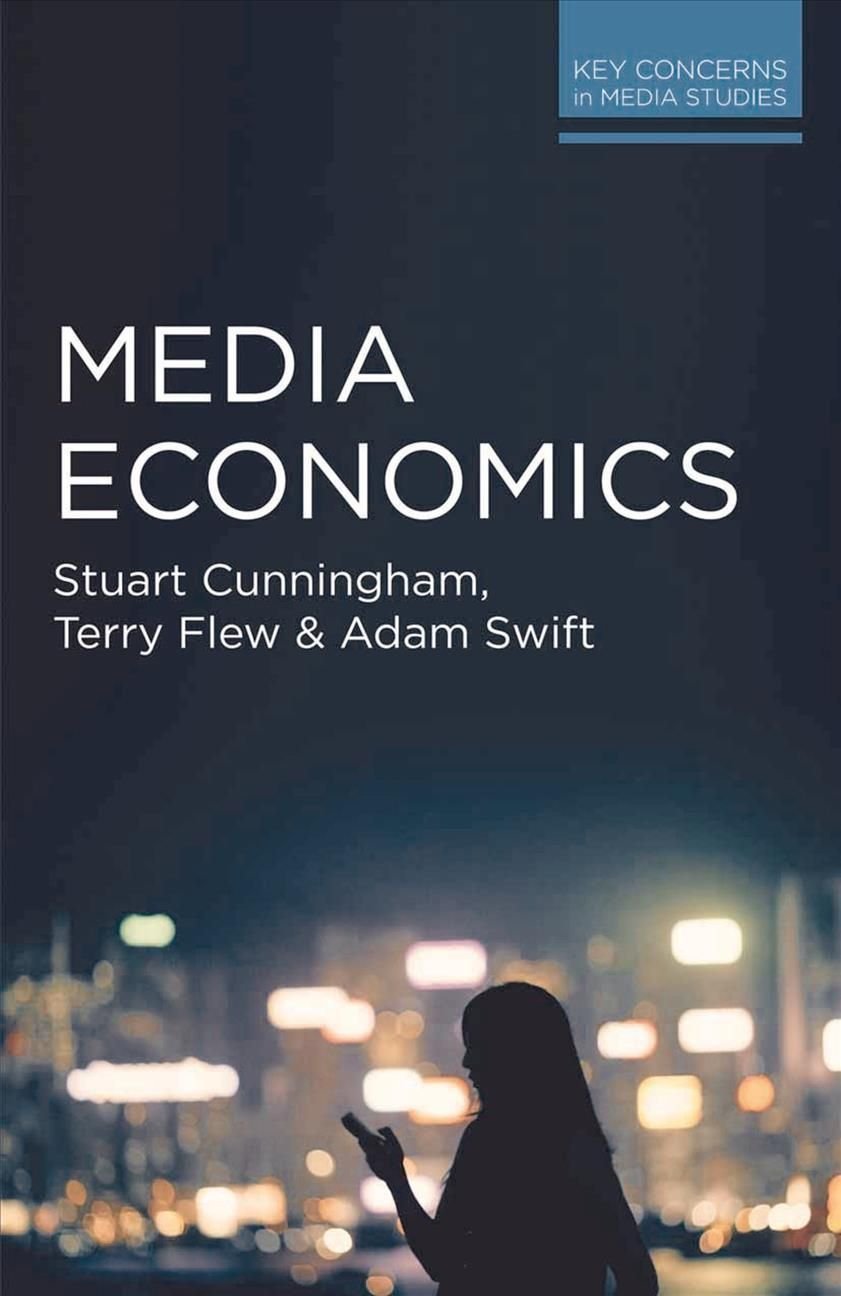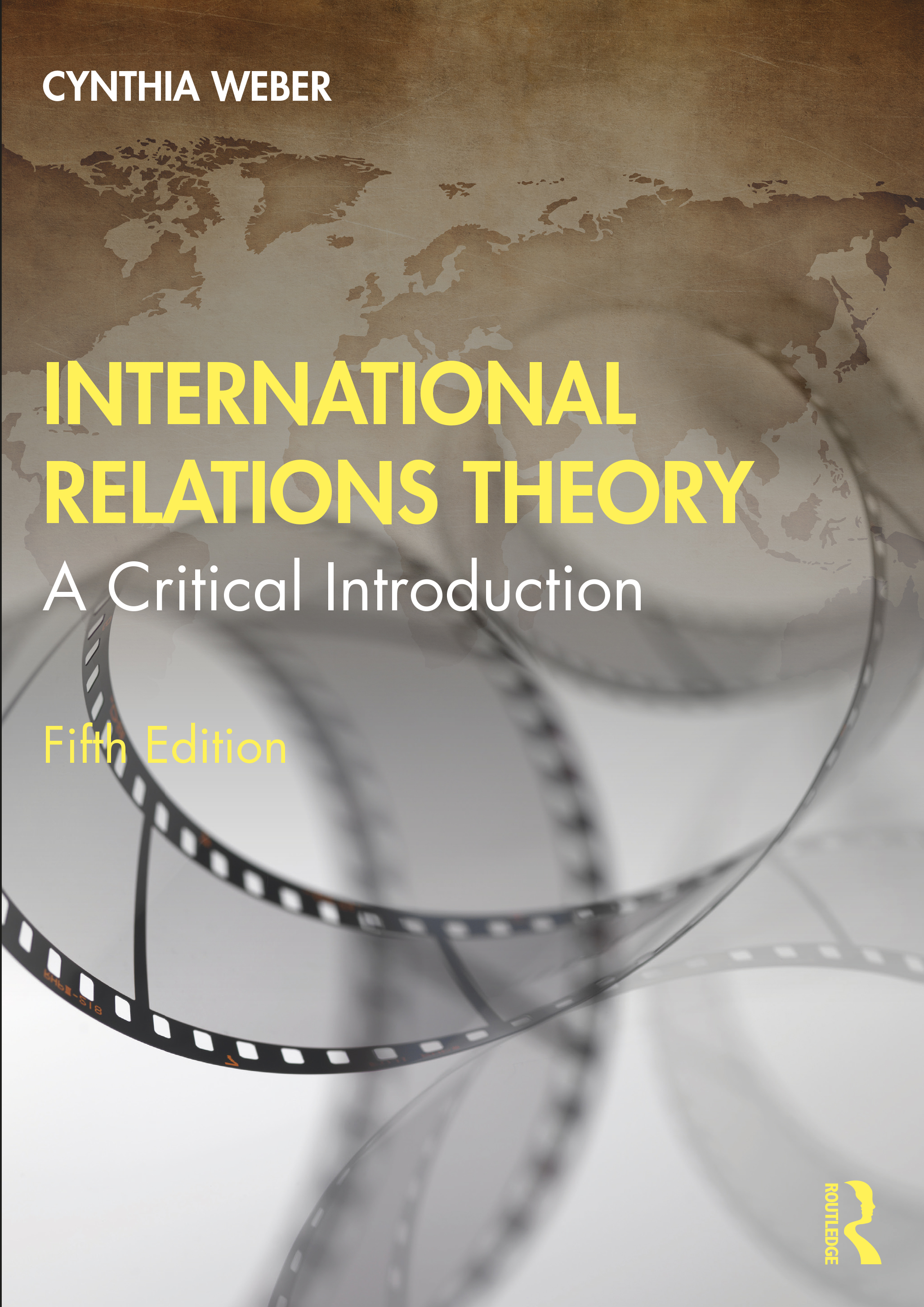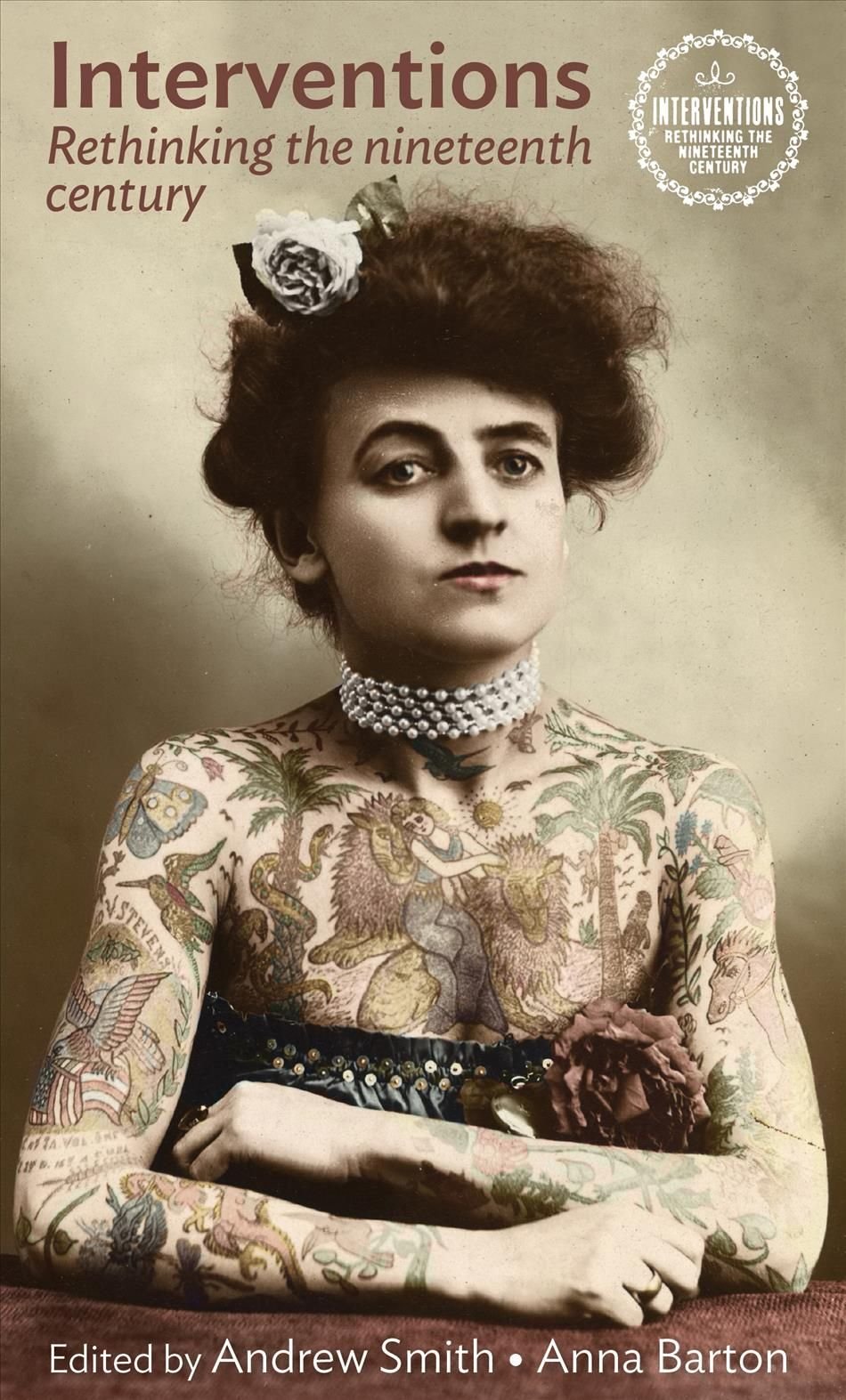Beloved by film and art aficionados and fans of neo-noir cinema, Mulholland Drive is one of the most important and enigmatic films of recent years. It occupies a central and controversial position in the work of its director, David Lynch, who won the best director award at the 2001 Cannes Film Festival for the movie. Mulholland Drive in the Routledge Philosophers on Film series is the first full philosophical appraisal of Lynch’s film. Beginning with an introduction by the editor, the volume explores the following topics: the identity of the self and its persistence through timethe central, dual roles played by fantasy and reality throughout the filmwhether Mulholland Drive is best understood epistemologically via reason and language, or whether, as Lynch himself argues, by one’s ‘inner feelings’ and emotionsparallels between Mulholland Drive and Kafka’s The Castle, both of which pit their protagonists at the mercy of unseen forcesMulholland Drive and romanticism. Additional key themes are also discussed, such as the interpenetration of ethics, classical tragedy, and the contrasting philosophical arguments of Plato and Nietzsche on tragic drama. These themes make Mulholland Drive essential and engaging reading for students of philosophy, especially aesthetics and ethics, as well as film studies.










![Andrew Skeet / London Philharm - The Greatest Video Game Music [CD]](https://avmedia.ams3.cdn.digitaloceanspaces.com/0/e4/0e420fc2-b789-4b15-99e9-f4897e87e4d9.webp)

